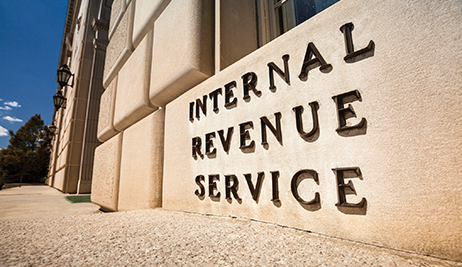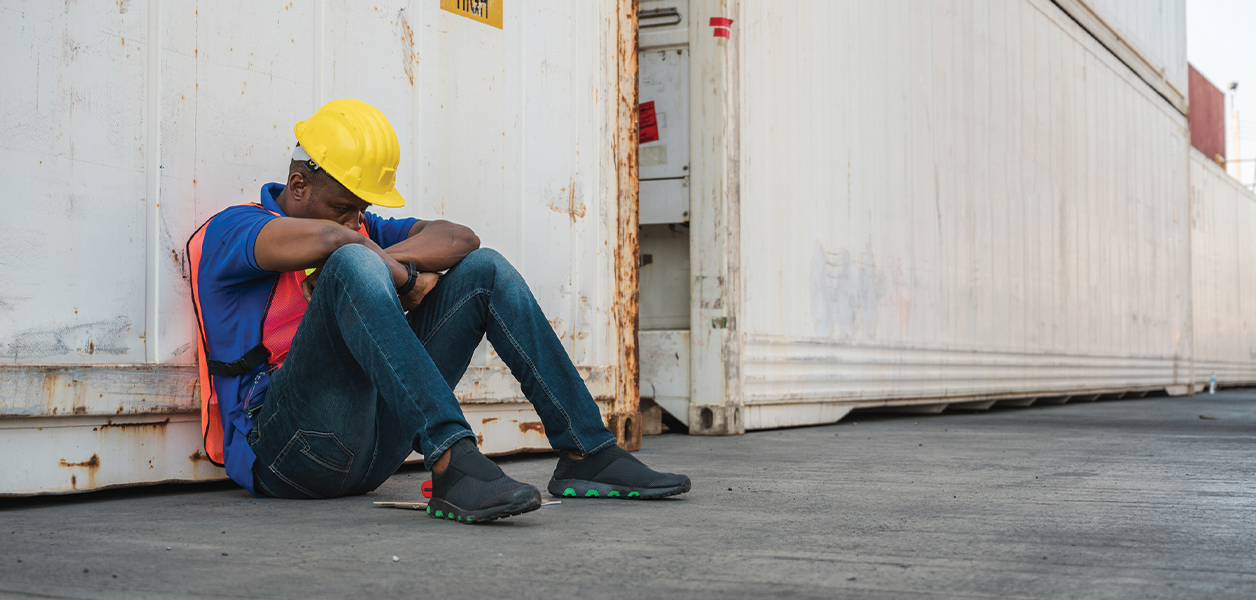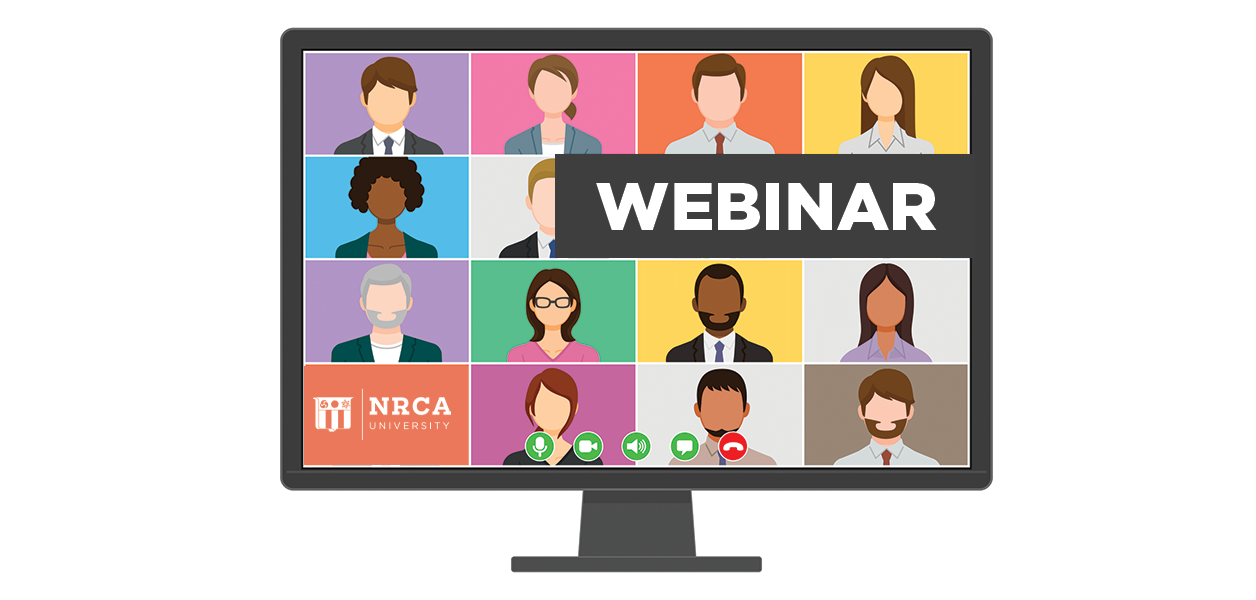As Hurricane Dorian hits the U.S., the IRS is reminding individuals and businesses to create or update their emergency preparedness plans, according to www.irs.gov.
Individuals, families and businesses can get ready for a disaster with a preparedness plan that includes key documents, lists of belongings and property.
- Original documents—including bank statements, tax returns, deeds, titles and insurance policies—should be kept in a safe place in waterproof containers. A duplicate set of key documents should be kept with a family member or trusted friend outside the area the disaster may affect. Instead of copying paper documents, scan them for backup storage on electronic media such as a flash drive. Many financial institutions provide statements and documents electronically.
- Document valuables and equipment. Photographs or videos of the contents of any home or business, especially high-value items, can help support claims for any available insurance or tax benefits if a disaster strikes. The IRS has a disaster-loss workbook for individuals and businesses that can help people compile lists of belongings or business equipment.
- Employers who use payroll service providers should ask the provider whether it has a fiduciary bond in place. The bond could protect the employer in the event of default by the payroll service provider.
Reconstructing records after a disaster may be required for tax purposes, getting federal assistance or insurance reimbursement. Taxpayers who have lost some or all of their records during a disaster should visit the IRS’s Reconstructing Records webpage.





